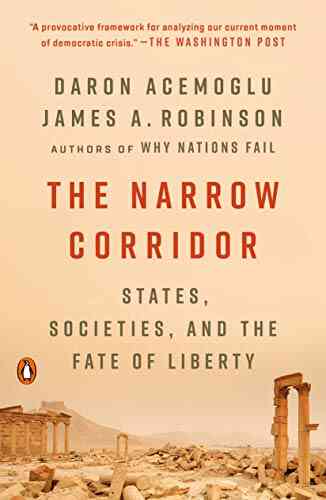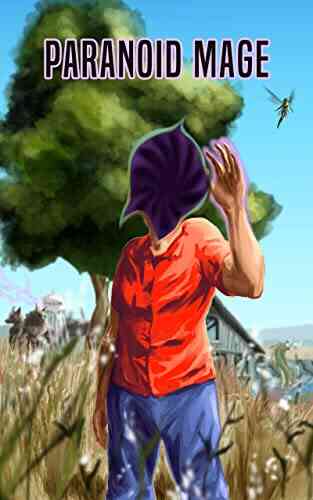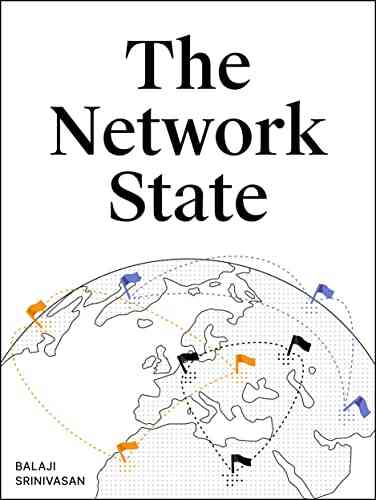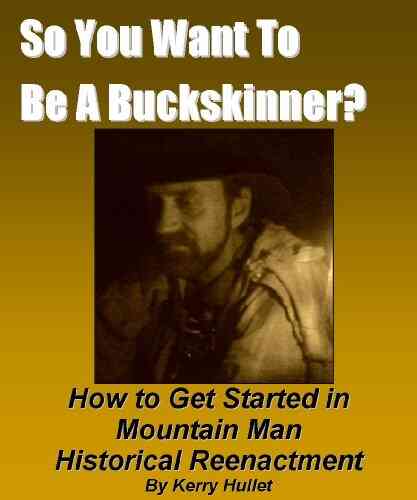The Intricate Relationship between States, Societies, and the Fate of Liberty

When discussing the complexities of governance and freedom, one cannot overlook the crucial interplay between states, societies, and the ultimate fate of liberty. The intricate relationship between these entities has shaped the course of history and continues to dictate the direction of our modern world.
The Role of States in Defining Liberty
States, as political entities, hold the power to either protect or infringe upon individual liberties. The existence of a state ensures the enforcement of laws and regulations that seek to maintain order and harmony within a society. However, it is essential to recognize that the actions of the state can have both positive and negative consequences for the concept of liberty.
In the framework of a well-functioning state, the rule of law and the protection of individual rights form the foundation of a free society. Laws that guarantee civil liberties, such as freedom of speech, assembly, and religion, work in conjunction with an impartial judiciary to safeguard the liberties of citizens. Furthermore, responsible governance ensures that essential public services are provided, creating an environment conducive to personal and societal development.
4.5 out of 5
| Language | : | English |
| File size | : | 40417 KB |
| Text-to-Speech | : | Enabled |
| Screen Reader | : | Supported |
| Enhanced typesetting | : | Enabled |
| X-Ray | : | Enabled |
| Word Wise | : | Enabled |
| Print length | : | 576 pages |
On the other hand, when a state becomes authoritarian or totalitarian, the fate of liberty hangs in the balance. History has shown us countless examples of oppressive regimes stifling dissent, curtailing freedoms, and subjecting their citizens to oppressive state control. Under such circumstances, the state becomes the primary threat to individual liberty.
The Influence of Societies on Liberty
While states play a significant role in shaping the destiny of liberty, societies themselves hold considerable influence on its preservation or erosion. Societies are composed of individuals with their own beliefs, values, and aspirations, and the collective actions of these individuals shape the overall fabric of liberty within a society.
A society that highly values individual freedoms and actively protects civil liberties creates an atmosphere where liberty can thrive. Societal norms and accepted behavior reflect the prevailing values, and when those values prioritize personal freedoms, it strengthens the overall foundation of liberty.
However, societies that embrace intolerance, discrimination, or exclusivity can serve as breeding grounds for the erosion of liberty. When prejudice and bigotry prevail, certain groups may find themselves marginalized or denied equal rights, impeding the progress of liberty for all individuals.
The Interplay between States and Societies
The dynamics between states and societies are not always harmonious. They can often clash, leading to clashes between state-imposed policies and societal expectations.
States heavily influenced by societal demands tend to be more responsive to the needs and desires of their citizens. Democratic political systems, for example, are designed to represent the will of the people, ensuring that the state serves the interests of the society it governs. In this scenario, the interplay between states and societies can foster and protect liberty through a shared understanding and alignment of values.
However, tensions arise when states attempt to impose their agenda on a society that opposes it. This struggle may occur in the form of citizens demanding greater individual liberties when the state adopts policies that infringe upon those freedoms. Historical examples, such as the Civil Rights Movement in the United States or the Arab Spring, showcase how societal mobilization against state repression can lead to significant changes and advancements in the realm of liberty.
The fate of liberty is intricately tied to the relationship between states and societies. It is a delicate balance that requires responsible governance, protection of civil liberties, and a society that values individual freedoms. When states and societies work in harmony, liberty can flourish and foster progress. However, when this relationship becomes imbalanced, oppressive states and intolerant societies can threaten the very essence of liberty. Recognizing and nurturing the interplay between states and societies is paramount to ensuring the preservation and expansion of liberty for all.
4.5 out of 5
| Language | : | English |
| File size | : | 40417 KB |
| Text-to-Speech | : | Enabled |
| Screen Reader | : | Supported |
| Enhanced typesetting | : | Enabled |
| X-Ray | : | Enabled |
| Word Wise | : | Enabled |
| Print length | : | 576 pages |
"Why is it so difficult to develop and sustain liberal democracy? The best recent work on this subject comes from a remarkable pair of scholars, Daron Acemoglu and James A. Robinson. In their latest book, The Narrow Corridor, they have answered this question with great insight." -Fareed Zakaria, The Washington Post
From the authors of the international bestseller Why Nations Fail, a crucial new big-picture framework that answers the question of how liberty flourishes in some states but falls to authoritarianism or anarchy in others--and explains how it can continue to thrive despite new threats.
In Why Nations Fail, Daron Acemoglu and James A. Robinson argued that countries rise and fall based not on culture, geography, or chance, but on the power of their institutions. In their new book, they build a new theory about liberty and how to achieve it, drawing a wealth of evidence from both current affairs and disparate threads of world history.
Liberty is hardly the "natural" order of things. In most places and at most times, the strong have dominated the weak and human freedom has been quashed by force or by customs and norms. Either states have been too weak to protect individuals from these threats, or states have been too strong for people to protect themselves from despotism. Liberty emerges only when a delicate and precarious balance is struck between state and society.
There is a Western myth that political liberty is a durable construct, arrived at by a process of "enlightenment." This static view is a fantasy, the authors argue. In reality, the corridor to liberty is narrow and stays open only via a fundamental and incessant struggle between state and society: The authors look to the American Civil Rights Movement, Europe’s early and recent history, the Zapotec civilization circa 500 BCE, and Lagos’s efforts to uproot corruption and institute government accountability to illustrate what it takes to get and stay in the corridor. But they also examine Chinese imperial history, colonialism in the Pacific, India’s caste system, Saudi Arabia’s suffocating cage of norms, and the “Paper Leviathan” of many Latin American and African nations to show how countries can drift away from it, and explain the feedback loops that make liberty harder to achieve.
Today we are in the midst of a time of wrenching destabilization. We need liberty more than ever, and yet the corridor to liberty is becoming narrower and more treacherous. The danger on the horizon is not "just" the loss of our political freedom, however grim that is in itself; it is also the disintegration of the prosperity and safety that critically depend on liberty. The opposite of the corridor of liberty is the road to ruin.
Do you want to contribute by writing guest posts on this blog?
Please contact us and send us a resume of previous articles that you have written.




















Light bulbAdvertise smarter! Our strategic ad space ensures maximum exposure. Reserve your spot today!
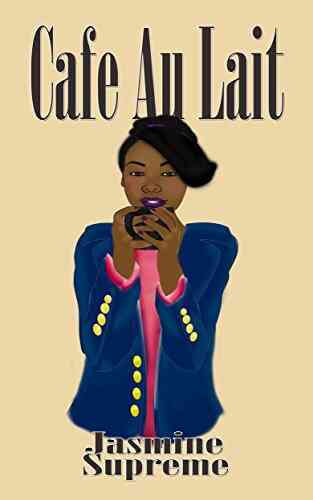
 Eddie PowellThe Untold Delight: Cafe Au Lait Jasmine Supreme Reveals a Captivating Fusion
Eddie PowellThe Untold Delight: Cafe Au Lait Jasmine Supreme Reveals a Captivating Fusion
 Marcel ProustThe Inheritance Lands Anna King: A Gripping Tale of Love, Loss, and Adventure
Marcel ProustThe Inheritance Lands Anna King: A Gripping Tale of Love, Loss, and Adventure Joe SimmonsFollow ·3.6k
Joe SimmonsFollow ·3.6k Marvin HayesFollow ·6.5k
Marvin HayesFollow ·6.5k Dan BellFollow ·5.9k
Dan BellFollow ·5.9k Holden BellFollow ·12.4k
Holden BellFollow ·12.4k Fernando PessoaFollow ·10.1k
Fernando PessoaFollow ·10.1k Jamison CoxFollow ·19.6k
Jamison CoxFollow ·19.6k Jace MitchellFollow ·7.4k
Jace MitchellFollow ·7.4k Stephen FosterFollow ·7.3k
Stephen FosterFollow ·7.3k

 Dawson Reed
Dawson ReedThe Ultimate Guide: All You Have To Think About Getting...
Are wedding bells in your future?...

 Douglas Adams
Douglas AdamsUnleash Your Inner Hero: The Path of Vengeance Second...
Have you ever wondered what it would be...

 Aleksandr Pushkin
Aleksandr PushkinCrochet Pattern: Elegance Headband - Easy Headband for...
Are you tired of searching for the perfect...

 Patrick Hayes
Patrick HayesFulfilling Family Life Bite Sized For Successful Families
Having a fulfilling family life is something...
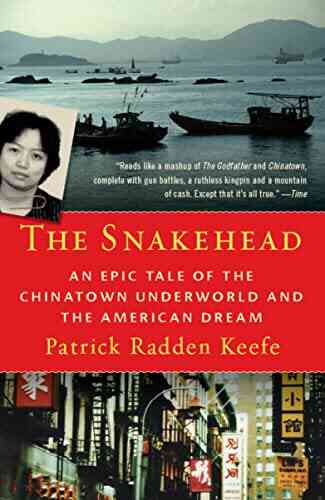
 Emilio Cox
Emilio CoxAn Epic Tale Of The Chinatown Underworld And The American...
In the heart of bustling cities, hidden...
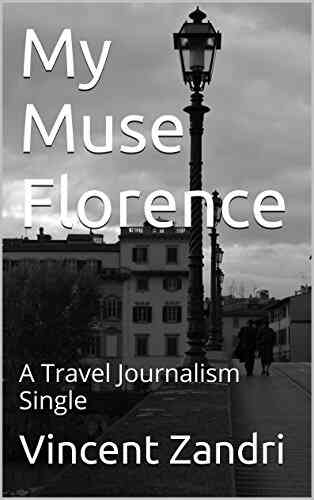
 Luke Blair
Luke BlairMy Muse Florence: Discovering the Heart of Italy Through...
By: [Your Name] | Published: [Publication...

 Milan Kundera
Milan KunderaDrone Political Technothriller: Miranda Chase -...
Prepare yourself for a thrilling journey...

 William Wordsworth
William WordsworthUnveiling the Riveting Tale of Cold Blooded Kindle Single...
Have you ever come across a book that...
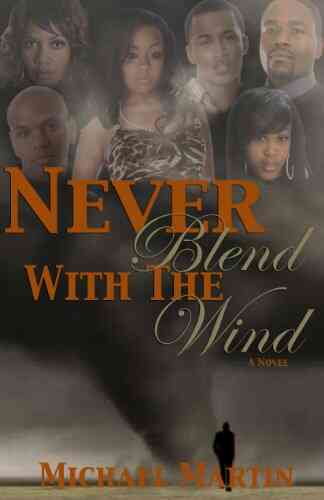
 Andres Carter
Andres CarterNever Blend With The Wind: The Dangers of Conforming to...
Imagine a world where everyone looks, acts,...

 Abe Mitchell
Abe MitchellUnleashing the Beast: The Untold Story of Killer...
Prepare yourself for a heart-pounding journey...

 E.M. Forster
E.M. ForsterLondon Assurance Oberon Modern Plays: A Tale of Wit,...
In the bustling heart of London's...
4.5 out of 5
| Language | : | English |
| File size | : | 40417 KB |
| Text-to-Speech | : | Enabled |
| Screen Reader | : | Supported |
| Enhanced typesetting | : | Enabled |
| X-Ray | : | Enabled |
| Word Wise | : | Enabled |
| Print length | : | 576 pages |


